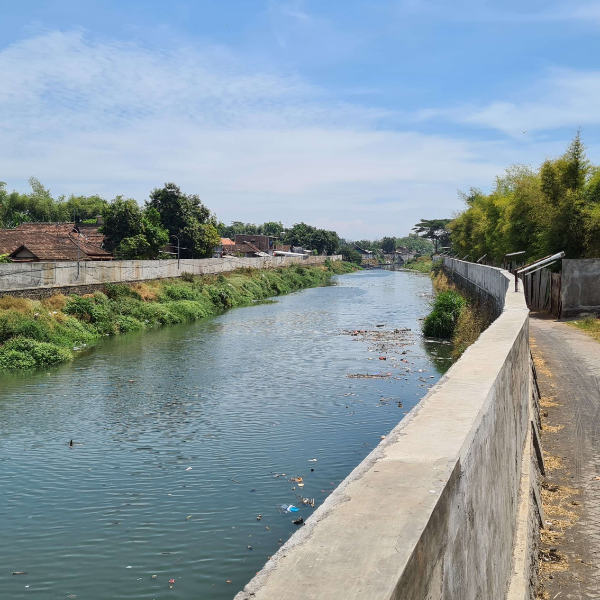The Welang Watershed Transformation

The Welang Watershed Transformation
The government of Indonesia, through the East Java Province, and the government of the Netherlands are working together to address water challenges in the Welang Watershed area in Indonesia. The area is currently undergoing a major transformation from rural and natural to residential and industrial. This transformation is seriously affecting the hydrology: more floods, more droughts, more erosion and sedimentation and more waste in the rivers. The provincial water management department (PUSDA) is facing increasingly complex water management challenges and requested technical assistance to deal with these challenges. The project is financed by Partners for Water Programme, a Dutch government initiative that tackles water security worldwide. In close collaboration with stakeholders and communities, the project aims to provide sustainable strategies and practical solutions to mitigate the impact of this transformation.
Phase 1: design a master plan to address the key challenges
The first part of the project started in November 2020 and ended in March 2022. In this phase, Deltares, Rebel Group, The Water Agency, HZ University of Applied Sciences and Witteveen+Bos analysed the key challenges in the area and designed a ‘Welang River Basin Management and Master Plan’. This aims to provide sustainable strategies and practical solutions to mitigate the impact of the transformation in the Welang Watershed.
The plan includes innovative and nature-based solutions. For example, instead of dredging (which is costly and labour-intensive), it is proposed to use the sand and clay which are impeding the river’s discharge to make bricks for local house construction. This sand and clay enter the rivers because local agricultural farming has become bigger and more commercial, with more and more trees being felled without considering the effect on soil erosion. To prevent further erosion, the proposed masterplan also entails bringing back the ‘old’ systems of using trees, hedges and shrubs to prevent sand and clay from flowing into the river when it rains. These ideas will be shared and finalised with the local communities.
Phase 2: engage local communities and stakeholders
The second part of the project is being carried out by a Dutch-Indonesian consortium consisting of three organisations. Our experts at Witteveen+Bos provide overall management and expertise in hydraulic modelling; Nuffic Neso ensures the institutional integration of the co-created solutions and the involvement of students, and AidEnvironment organises community participation and agricultural solutions.
In this phase, taking place from September to July 2024, engaging local communities and stakeholders is an important focus. This part of the project will be built up in three stages: 1) inception, 2) co-creation and design, and 3) roadmap development. Results must be practical and compatible with the Indonesian framework, solutions should be replicable without substantial external support, and local resources should be mobilised where possible for joint solutions.
With this project, we aim to make a significant impact on water security for people, animals and plants through a sustainable and collaborative approach.

More information?

